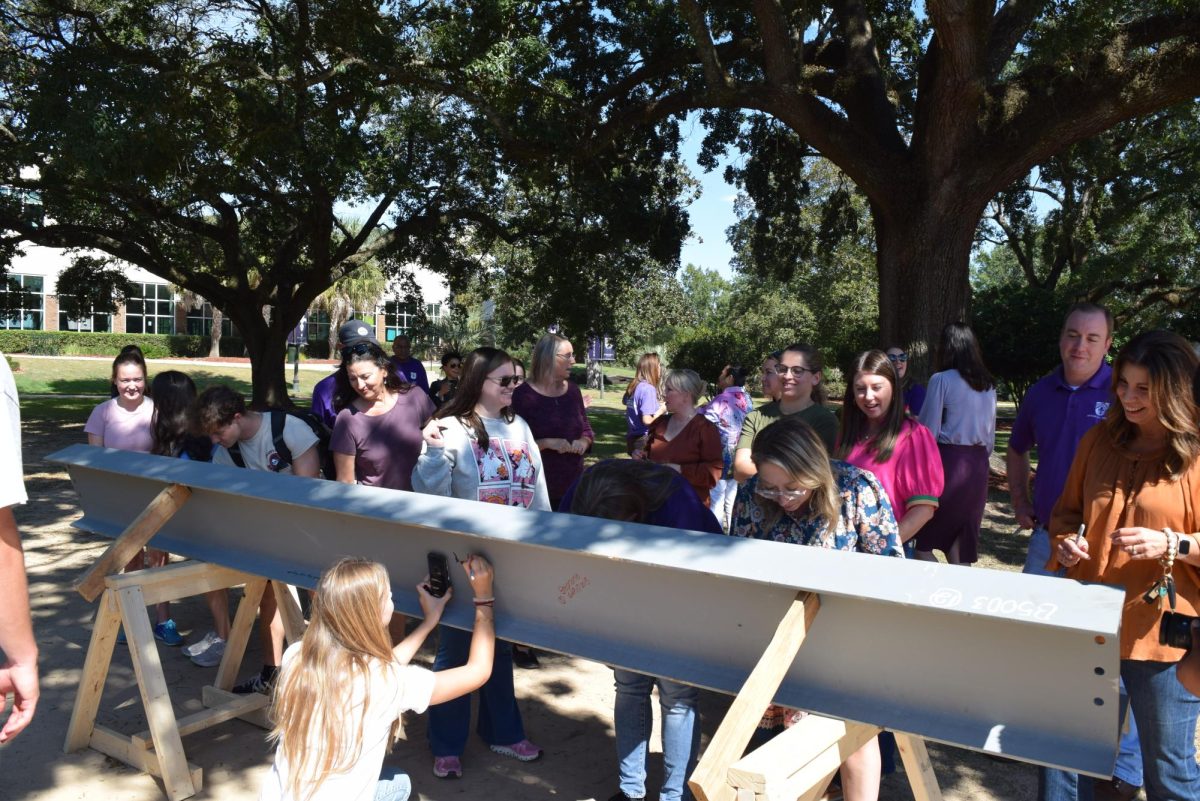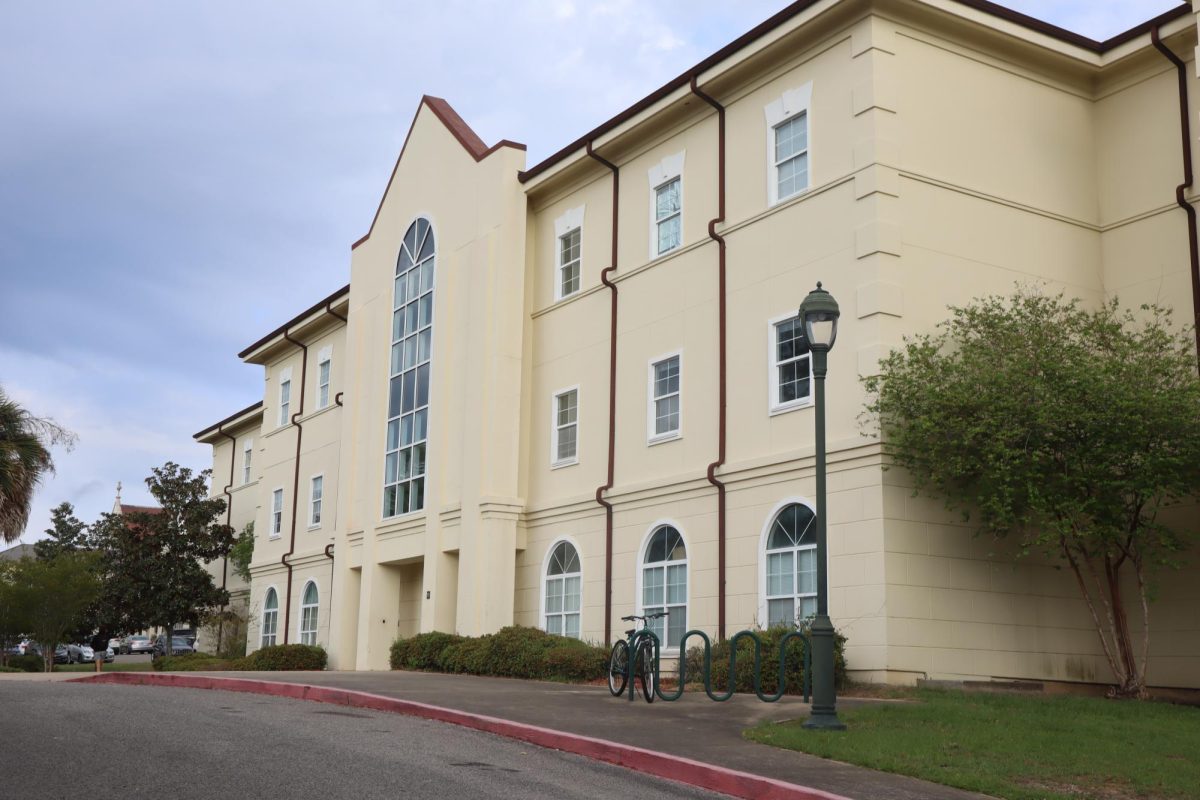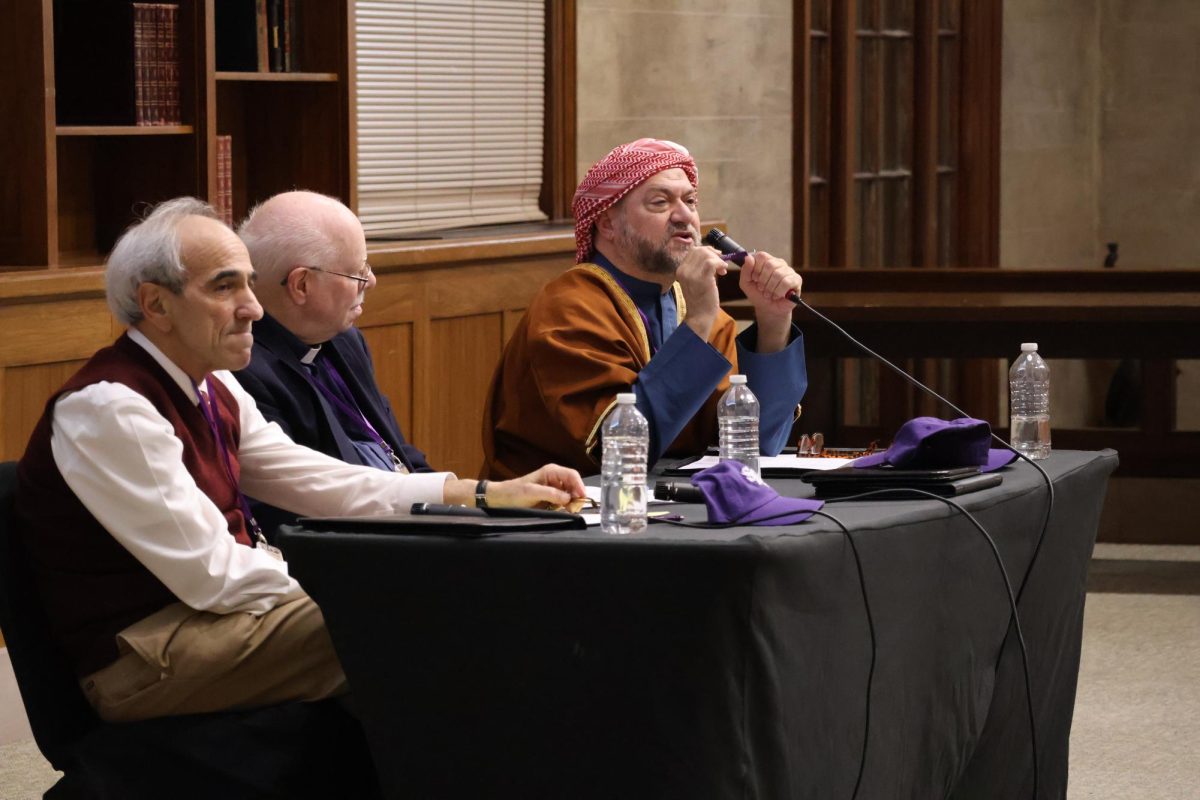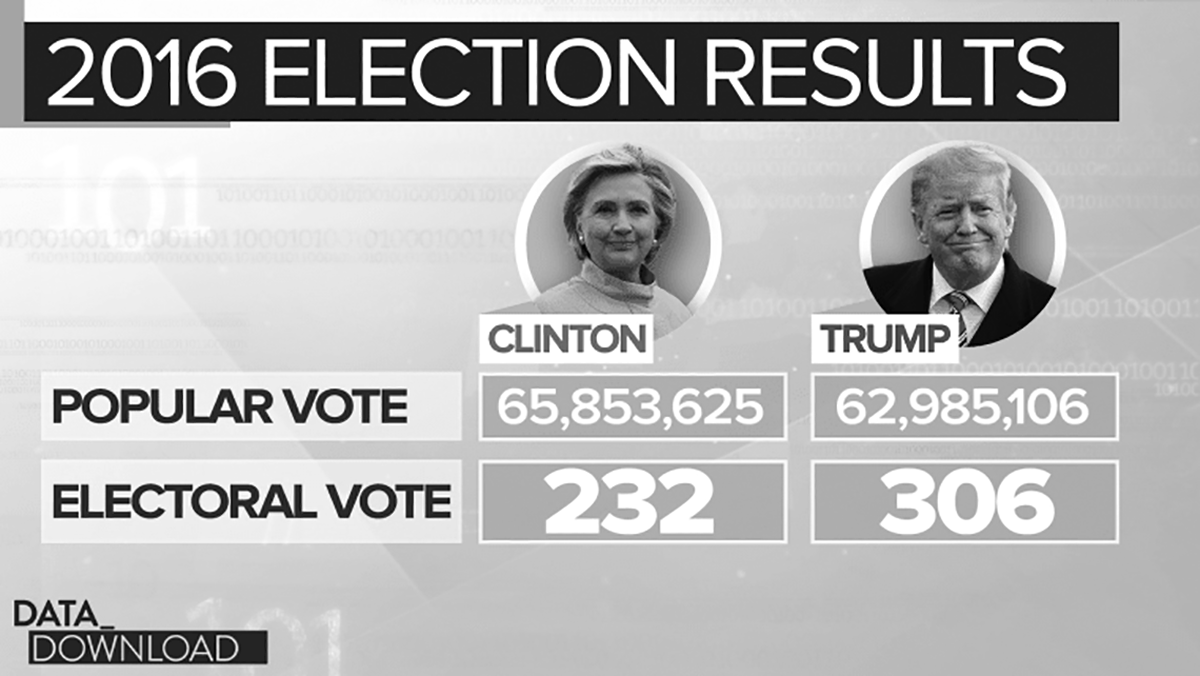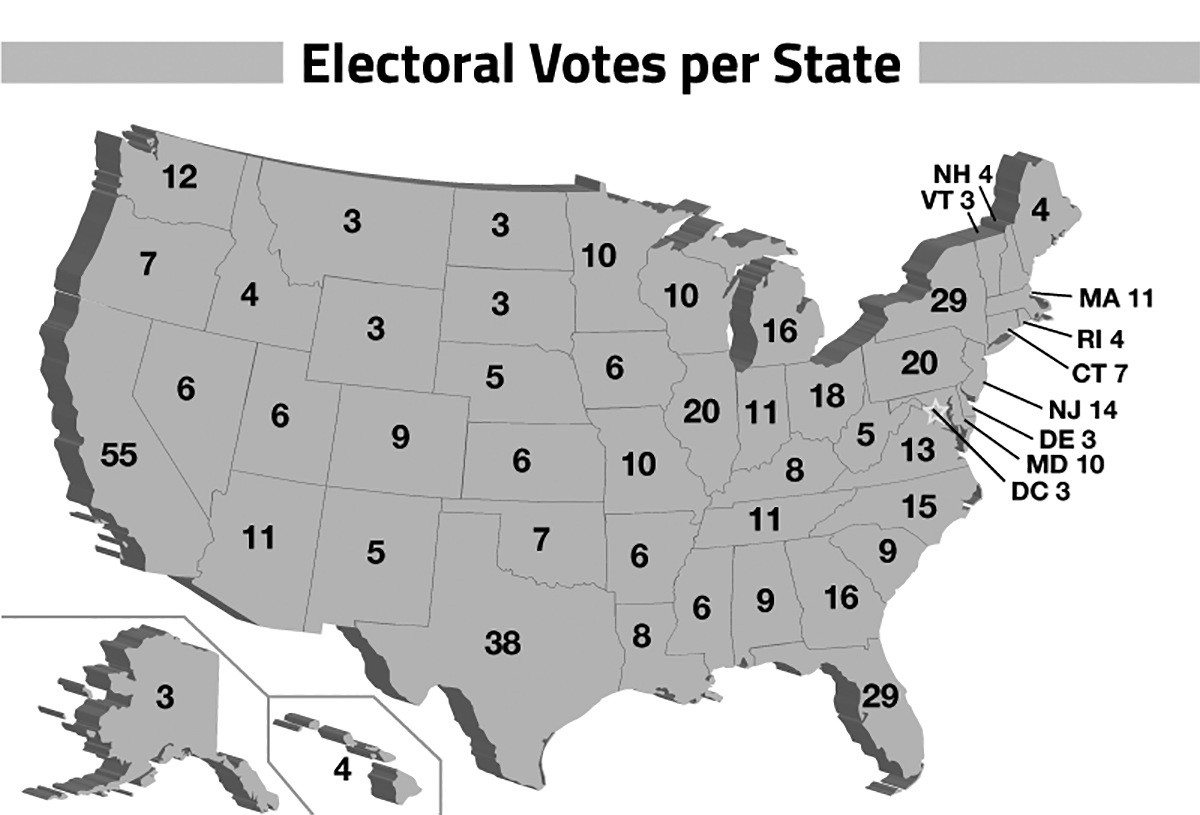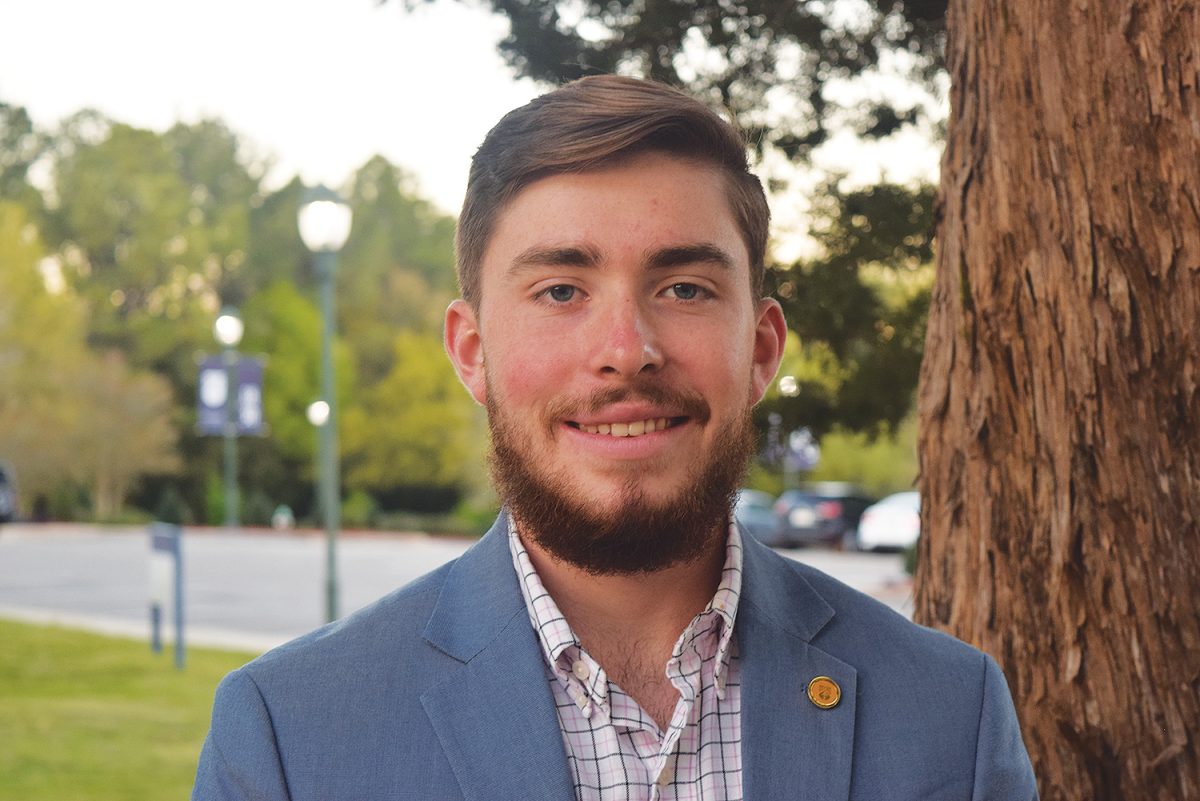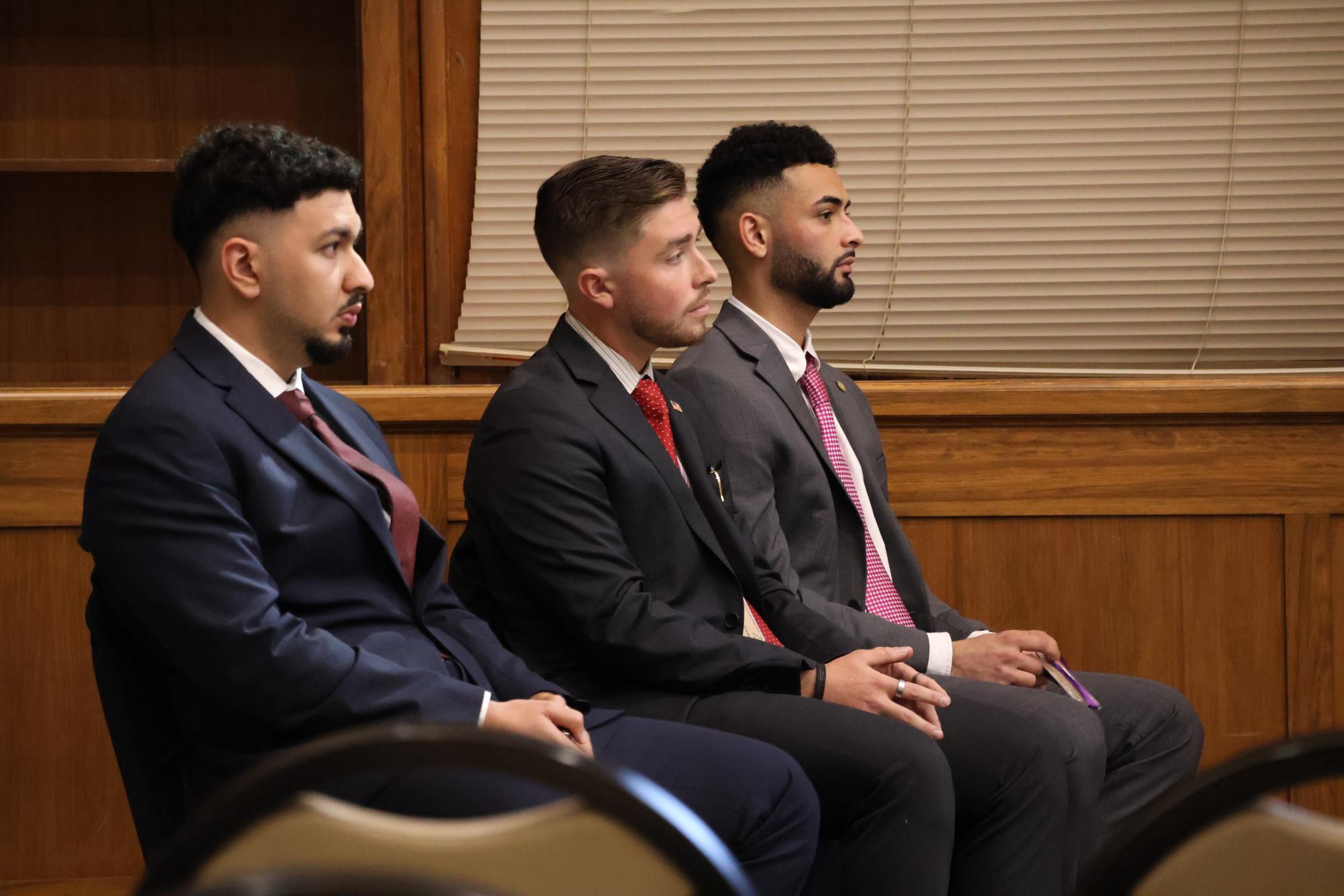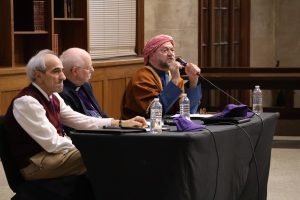After witnessing the conflict between Israel and Palestine throughout the past few years, I have noted that it has taken a dark turn in recent years. Understanding that this will cause generations of suffering and displacement for Palestinians, I knew it was something I wanted to address as a student from a Jesuit institution.
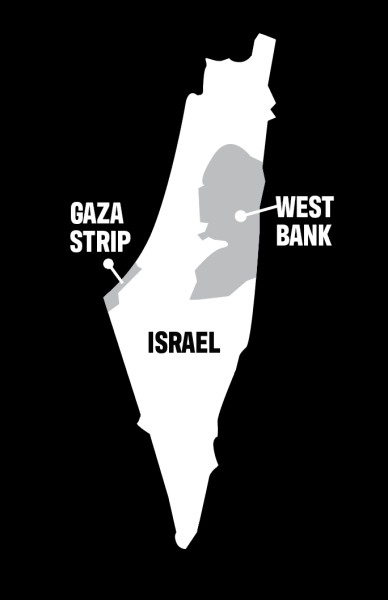
The death toll is largely unknown due to unreliable reports made by the Israeli government. According to Refugees International, the Palestinian people are unable to defend themselves against the U.S.-backed Israeli army because of the blockade of food and aid. This has an eerie resemblance to earlier historical tragedies and makes me question the coverage, or lack there of, of what is really going on in the Middle East.
According to the British Broadcasting Corporation (BBC), the initial conflict began more than a century ago, when Britain conquered the Ottoman Empire in the 1920s and allotted the area to be a “safe haven” for the Jewish community. However, Palestine was predominantly Arab at the time, so there was concern surrounding this declaration. The Arabs were reassured that their rights and land were protected. But, when the Holocaust occurred in the 1940s, large sums of Jewish people fled to Palestine in search of safety. Over 30% of the population became Jewish in just seven years. Frustration amongst the Arabs and Jews grew due to the influx, causing the United Nations (UN) to split Jewish and Arab states against Britain’s wishes, with Jerusalem as an international city. The plan allowed for the Jewish community to inhabit the majority of the land. This was confusing because the Jewish population was smaller than the Arab population, but the Arabs got less land.
In 1948, Israel was recognized by the UN, and war immediately broke out between Israel and the neighboring Arab nations. This resulted in Israel gaining more land and displacing 750,000 Palestinians, which is known as the Nakba (catastrophe).
The initial election of Hamas is heavily contested, as the majority of the population is currently children and women, so they were mostly unable to vote during the 2006 election. In fact, the BBC claimed in 2023 that Palestinians under the age of 34 have yet to vote since the 2006 election.
Following the election in 2006 of Hamas in Palestine, Hamas and other Palestinian militant groups attacked Israel on October 7th, 2023. The BBC reported that they killed roughly 1,200 people and took 251 hostages. This kicked off the current Gaza war and continual conflict in the Gaza Strip, and though the attack was unethical, Israel’s response has been excessive.
This all leads us to today, which is quite an interesting point in history. Technically, as of October 10th, 2025, Israel agreed to a ceasefire with Palestine. Though at this point, a ceasefire is rather meaningless considering that Israel has already ignored this treaty and murdered upwards of fifty innocent citizens following that date, that we know of, of course.
The term genocide has been thrown around–there is heavy debate whether or not this qualifies as one. I find that even having to debate such a thing is telling of the situation.
Genocide, as defined by the United Nations, means “acts committed with intent to destroy, in whole or in part, a national, ethnical, racial or religious group, as such.” Israel believes that the mass murdering of Palestinian people is in defense of what, I am not quite sure. In Israeli Prime Minister Benjamin Netanyahu’s words, “Israel seeks peace. Israel yearns for peace. Israel has made peace and will make peace again. Yet we face savage enemies who seek our annihilation, and we must defend ourselves against them.” However, Nira Dayanmin of the Jewish Philanthropy Organization states, “As past, present and future leaders of Jewish communities we do not remain silent in the face of Israel’s external threats, but nor will we remain silent when we believe the policies of Israel’s own government are wrong…”
I think the biggest cause for concern for Americans is the United States’ involvement, specifically the usage of U.S. citizens’ tax dollars as a source of funding for Israel. According to Not My Tax Dollars, an average of $25.25 of one U.S. citizen’s tax money goes towards Israel yearly. As a student of a Jesuit institution, we are taught to have a focus on serving others through love and leadership. The actions I am witnessing by our country and countries that claim to be led through faith fail to uphold the values they espouse. I believe that if you have any sense of morality or empathy, then it is clear that the loss of innocent souls cannot be justified.


